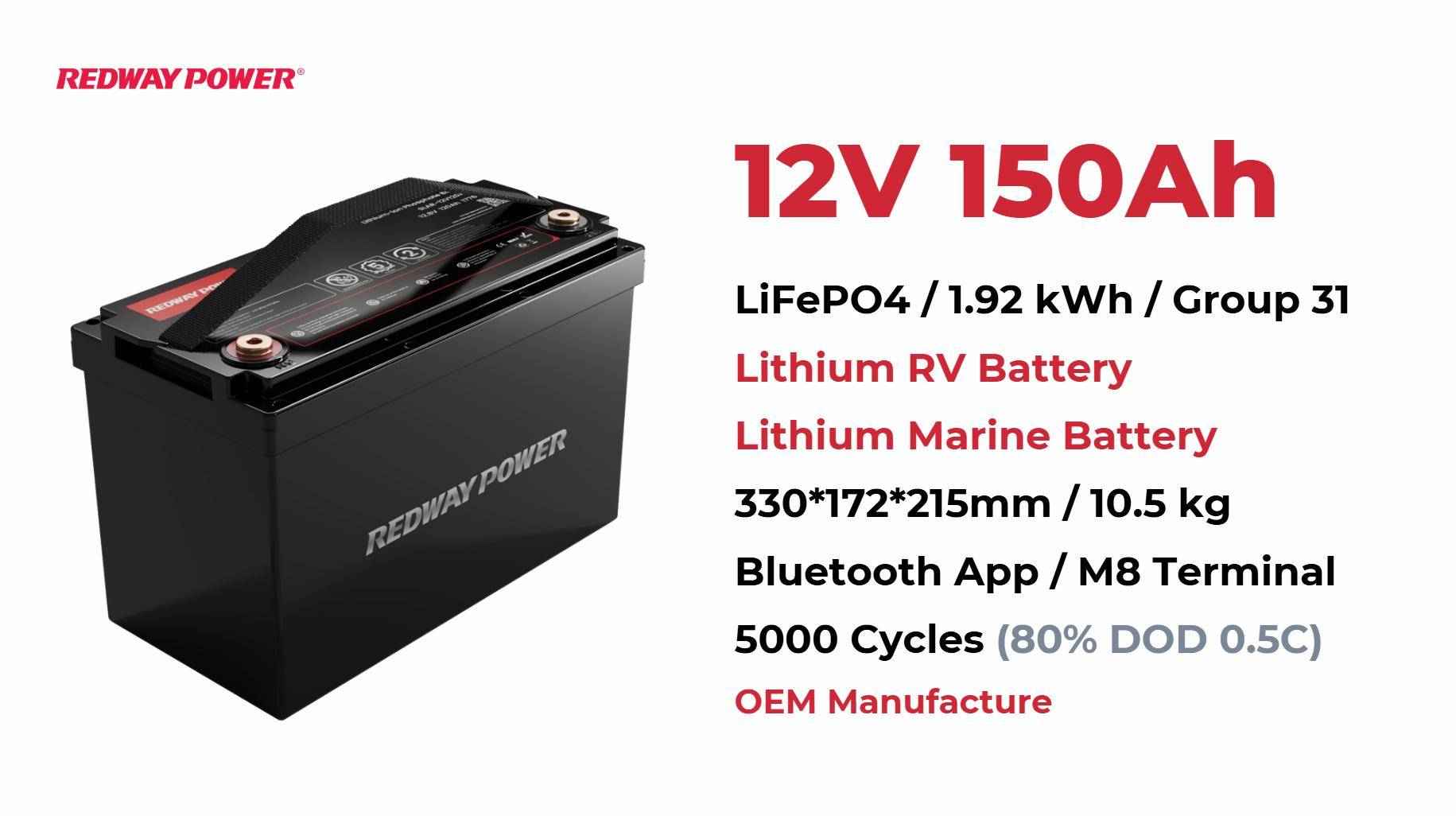
Blog
What Are the Best Practices for Maintaining My 12V Lithium Battery’s Health?

To ensure the longevity and optimal performance of your 12V lithium battery, adhering to best maintenance practices is essential. By following these strategies, you can keep your battery in top condition and extend its lifespan.
Avoid Overcharging
Overcharging can lead to serious damage and safety hazards in lithium batteries. Always use a charger specifically designed for lithium technology, which includes a Battery Management System (BMS) to prevent overcharging. Disconnect the battery from the charger once it reaches full charge, typically around 12.6V to 12.8V for a fully charged 12V lithium battery. This practice not only protects the battery’s health but also enhances its safety.
Maintain Optimal Temperature
Storing and operating your battery in a cool, shaded environment is crucial. The ideal temperature range is between 20°C and 25°C (68°F and 77°F). Extreme temperatures can negatively impact both performance and lifespan. To protect your battery, consider using insulated cases or enclosures, especially if it will be exposed to harsh conditions.
Perform Regular Maintenance
Regular maintenance is key to identifying potential issues early. Conduct voltage testing every six months to ensure the battery voltage remains within a normal range. If it drops significantly, it may indicate a loss of capacity or other underlying problems. Additionally, clean battery terminals at least once a year to prevent corrosion. Using a wire brush and applying dielectric grease after cleaning can help protect against future corrosion.
Embrace Partial Discharges
Unlike older battery technologies, lithium batteries do not require full discharges before recharging. Aim to keep the charge level between 20% and 80% for optimal longevity. This practice helps maintain capacity over time and reduces wear on the battery, ultimately contributing to a longer lifespan.
Store Properly
If you need to store your battery for an extended period, charge it to about 50% state of charge (SoC) and check it periodically to ensure it remains within safe voltage levels. Avoid allowing the battery to remain fully discharged for long periods, as this can lead to permanent capacity loss. Proper storage practices can significantly enhance your battery’s overall health.
Monitor Self-Discharge
While lithium batteries have a low self-discharge rate, it is still advisable to check their charge periodically if not in regular use. Recharge if necessary to maintain optimal health. Monitoring self-discharge ensures that your battery remains ready for use when you need it.
Use Quality Chargers
Always utilize chargers that are compatible with lithium technology. Avoid cheap or counterfeit chargers that may not adhere to safety standards. Using a high-quality charger helps prevent potential damage to your battery and ensures safe operation.
Inspect for Damage
Regularly inspect your battery for any signs of physical damage, swelling, or leakage. If you notice any issues, consult a professional or follow proper disposal guidelines. Regular inspections can prevent safety hazards and ensure that your battery operates effectively.
Conclusion
By following these best practices—avoiding overcharging, maintaining optimal temperature, performing regular maintenance, embracing partial discharges, storing properly, monitoring self-discharge, using quality chargers, and inspecting for damage—you can significantly extend the lifespan of your 12V lithium battery while ensuring reliable performance in various applications. Proper care not only enhances the battery’s efficiency but also provides peace of mind, knowing that you are maximizing its capabilities.



